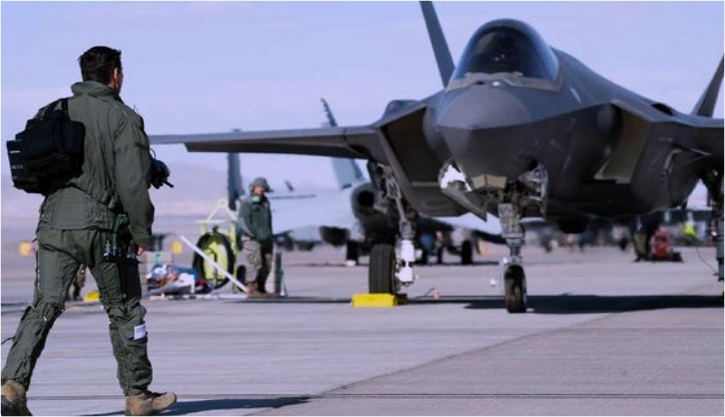Ended soon

A new study conducted by the Pentagon has revealed that military pilots and ground crews who fuel, maintain, and launch aircraft are at a higher risk of developing certain types of cancer than the general population. The year-long study found that military pilots have an 87% higher rate of melanoma and a 39% higher rate of thyroid cancer, while ground crews have a 19% higher rate of brain and nervous system cancers, a 15% higher rate of thyroid cancer, and a 9% higher rate of kidney or renal cancers.
The study, which compared almost 900,000 service members who worked on military aircraft between 1992 and 2017 with the general US population after adjusting for age, sex, and race, did not conclusively establish a causal link between military service in air crew or ground crew occupations and cancer. This is because there are multiple potential confounding factors that could not be controlled for in the analysis, such as family histories, smoking or alcohol use.
However, the study’s findings suggest that there may be a need for further investigation into the potential health risks associated with military aviation. The Pentagon has acknowledged that the results of the study are concerning and has promised to conduct a larger review to understand why military pilots and ground crews are experiencing higher rates of cancer.
It is worth noting that exposure to radiation, jet fuel, and other chemicals commonly used in aviation could potentially increase the risk of developing cancer. Military personnel who work in aviation are also more likely to be exposed to high levels of stress, which could have negative effects on their overall health and wellbeing.
The Pentagon has emphasized that it is committed to the health and safety of its personnel and will take steps to address any potential health risks identified in the study. This may include implementing new safety protocols, providing additional training and resources, and increasing awareness among military personnel about the potential risks associated with their jobs.
While the study’s findings are concerning, it is important to remember that military aviation remains an essential part of national defense and plays a critical role in protecting the country’s interests around the world. The Pentagon will continue to monitor the health of its personnel and take steps to ensure that they are safe and healthy while carrying out their duties.



